When Tanya Bhatia was just 23, she was showering when she felt a “weird” lump in her right breast. When it didn’t go away she visited the doctor and learned that she had triple negative breast cancer. That cancer was the first of four cancer diagnoses over the past decade. While many would feel overwhelmed, Bhatia hasn’t let it slow her down.
“Cancer is just part of your routine,” the 33-year-old interior designer in New York City told TODAY. “It's been a rough 10 years but I'm still here and I'm not going anywhere anytime soon. I'll keep fighting the fight as long as I can. Even if the cancer comes back, I'll just keep fighting the fight.”
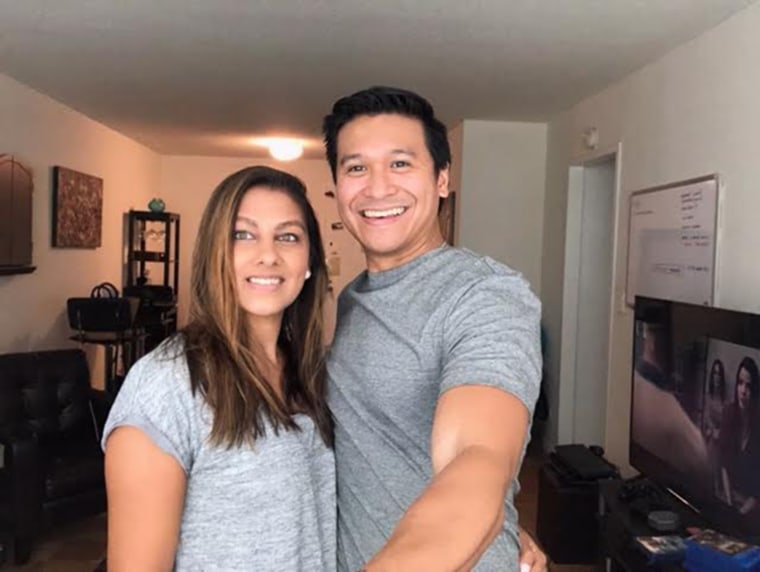
From first job to cancer diagnosis
Bhatia was working at her first job after college and enjoying life with her friends in Bahrain when she found the first lump and was diagnosed with cancer. Her parents let her decide where to go for treatment and they moved to Berlin for care.
“It was really difficult, growing up super fast and making these huge decisions at 23, like, where do I want to get treated?” she said. “I was moving to a different country, not knowing what was going to happen, whether this was a one-way flight there and wondering when I would come back home.”
She underwent chemotherapy and then a mastectomy and reconstructive surgery. To keep busy during treatment she studied for the GRE and applied to graduate school. It helped her grapple with the loneliness of a new city and her grueling treatments.
“I had no clue what the next day would look like, to be honest. A lot of my days were spent with my parents and then for weeks after treatment I'd be like bedridden,” Bhatia said. “I was like, ‘I can't have this be the one defining moment of my life at 23.’ So, I need to first of all get a distraction and do something.”
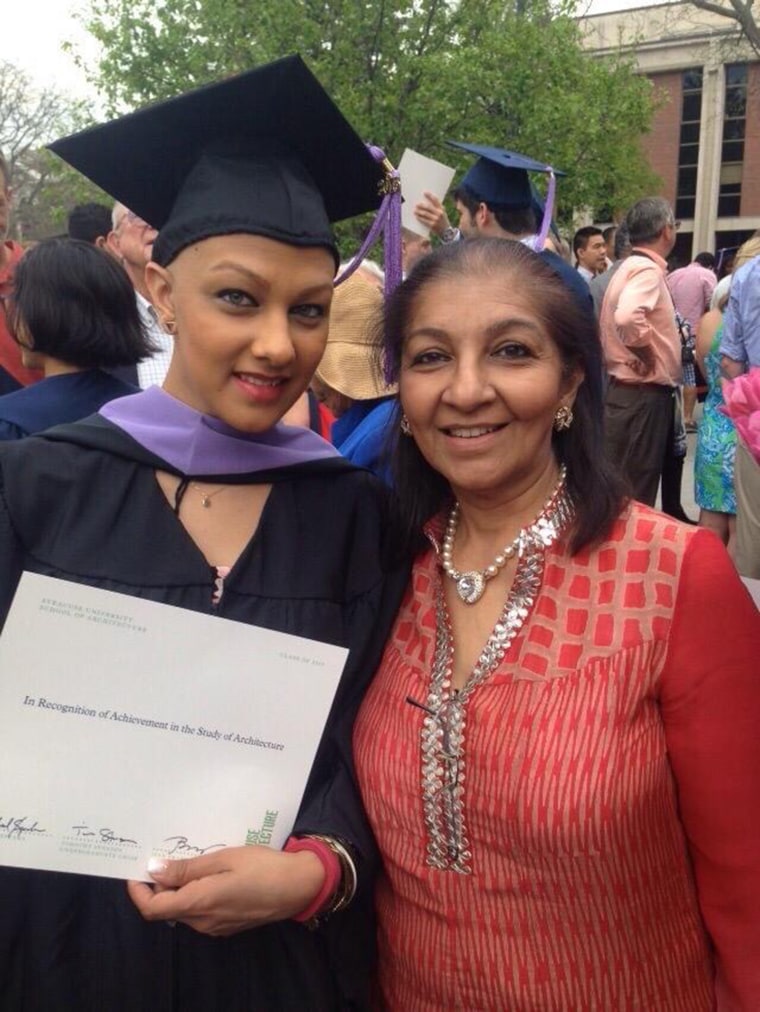
She applied to a dozen graduate schools and accepted a position at a program in Syracuse University, starting in August 2011 for her master's in architecture degree. For the next three years, she studied and was cancer-free. After graduation, she accepted a job in New York City. Soon after she went for an exam and her doctor found a lump in her left breast in February 2015.
“I was devastated,” she recalled feeling. “Because of my experience at 23, I didn’t want to be that person again. I couldn’t be staying at home all the time.”
Bhatia informed her employer she would work through her treatment, which included a mastectomy of her left breast and chemotherapy at the Dubin Breast Center of Tisch Cancer Institute in New York City.
“Some people think that breast cancer spreads to the other breast, but this was a brand new, independent event,” Dr. Amy Tiersten, a professor of medicine, hematology and oncology at the Icahn School of Medicine at Mount Sinai and clinical director of breast medical oncology, told TODAY. “She's at high risk because she's BRCA positive.”
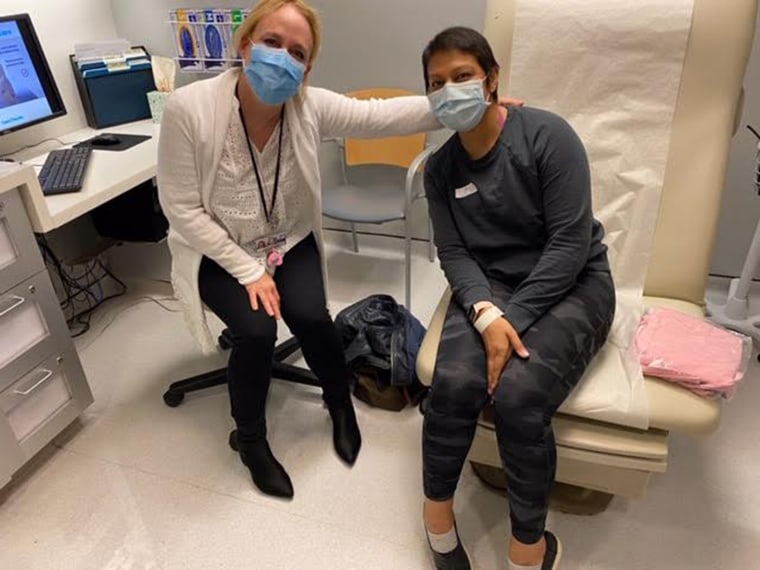
Even though having cancer a second time was overwhelming, working helped Bhatia cope.
“It’s always good to have a distraction,” she said. “You can feel some normalcy in your life.”
‘Growing with my cancer’
In 2018, she found another lump in her right breast and had a lumpectomy and joined a clinical trial for treatment. She said she was lucky that Tiersten worked with her to find alternative treatments.
“I was trying to find different solutions with my doctor, who I have been seeing for the past five years,” Bhatia said. “I was in a clinical trial. It gave me a little bit of a different experience to see what different medications are out there.”
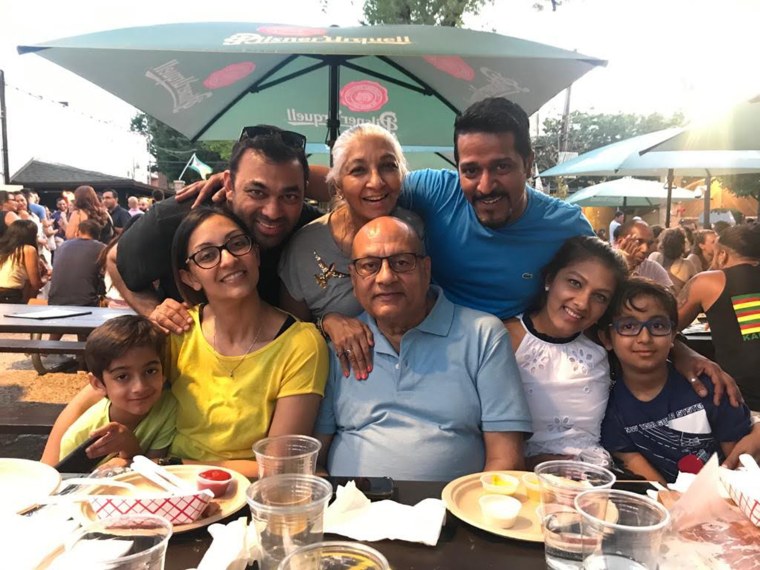
Tiersten said that having a positive attitude, working and enjoying hobbies can be helpful for women with breast cancer. Though not everyone is physically able to continue normal activities.
“Focusing on being a full-time patient can be a very poor quality of life,” she said. “Trying to keep your life as normal as possible, in my opinion, is always a good idea but that's not possible or true for everyone.”
In July 2019, Bhatia learned that the cancer spread to her liver and she officially has stage 4 or metastatic breast cancer. Again, she’s enrolled in a different clinical trial for treatment.
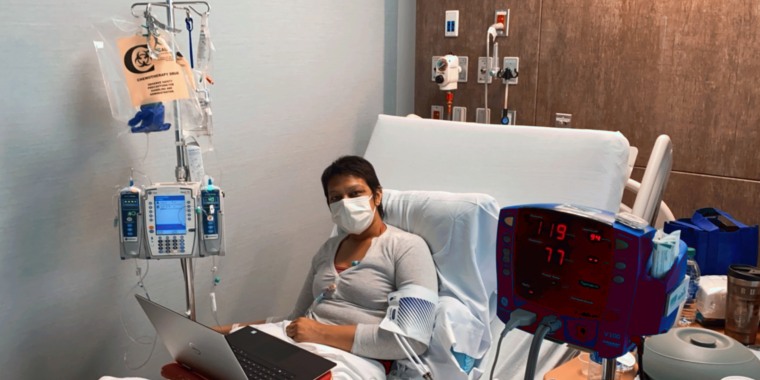
She started sharing her experience so that people understood that having stage 4 cancer “is not always a sad story.” She held back before because she didn’t want anyone to feel bad for her. Still, Bhatia maintains a full social life with her boyfriend and does yoga and exercises as often as she can.
“I feel great. I’m happy,” she said. “I work crazy hours. I never stop what I’m doing. I am very passionate.”
Her experience with cancer over the past decade shaped her and helps her stay grounded.
“I'm a completely different person than who I was 10 years ago. I was a very quiet person. I wouldn't be as vocal or energetic,” she said. “My personality has changed a lot and that's me growing with my cancer and embracing it.”
